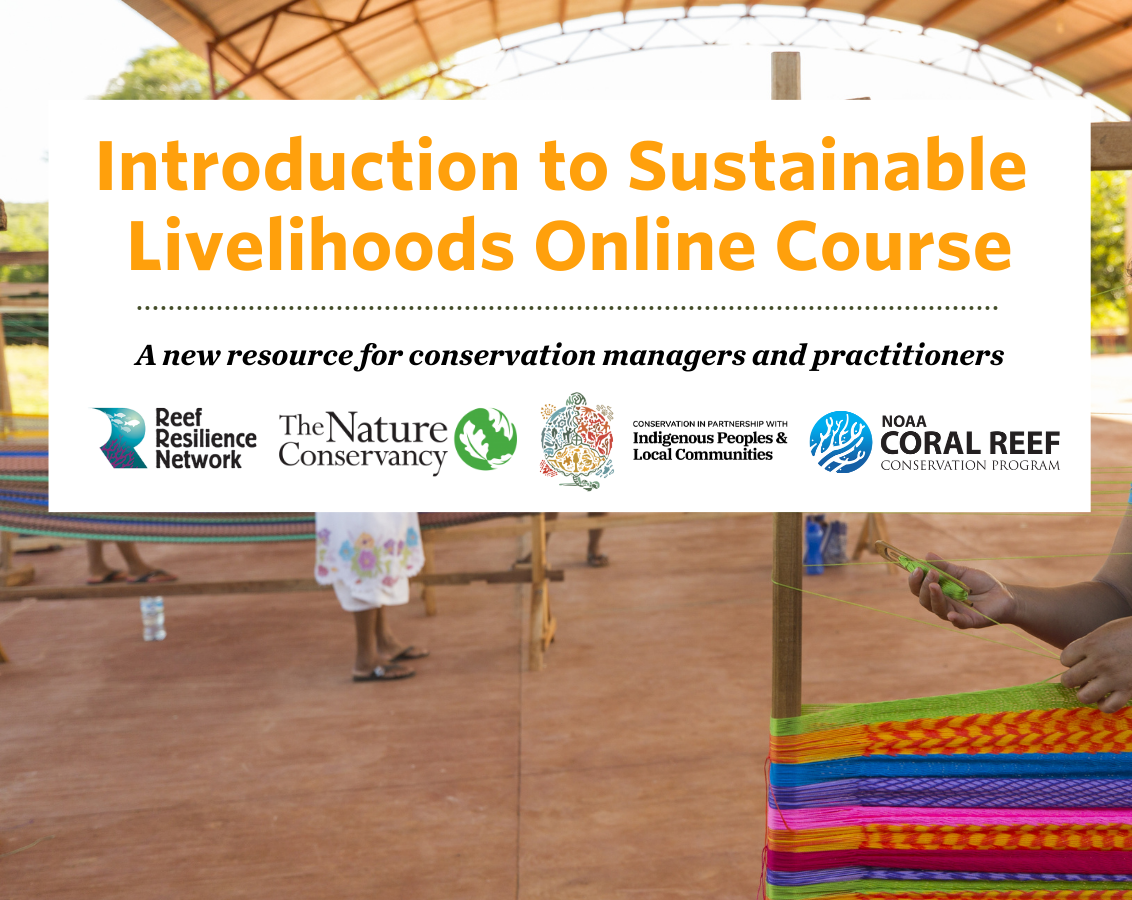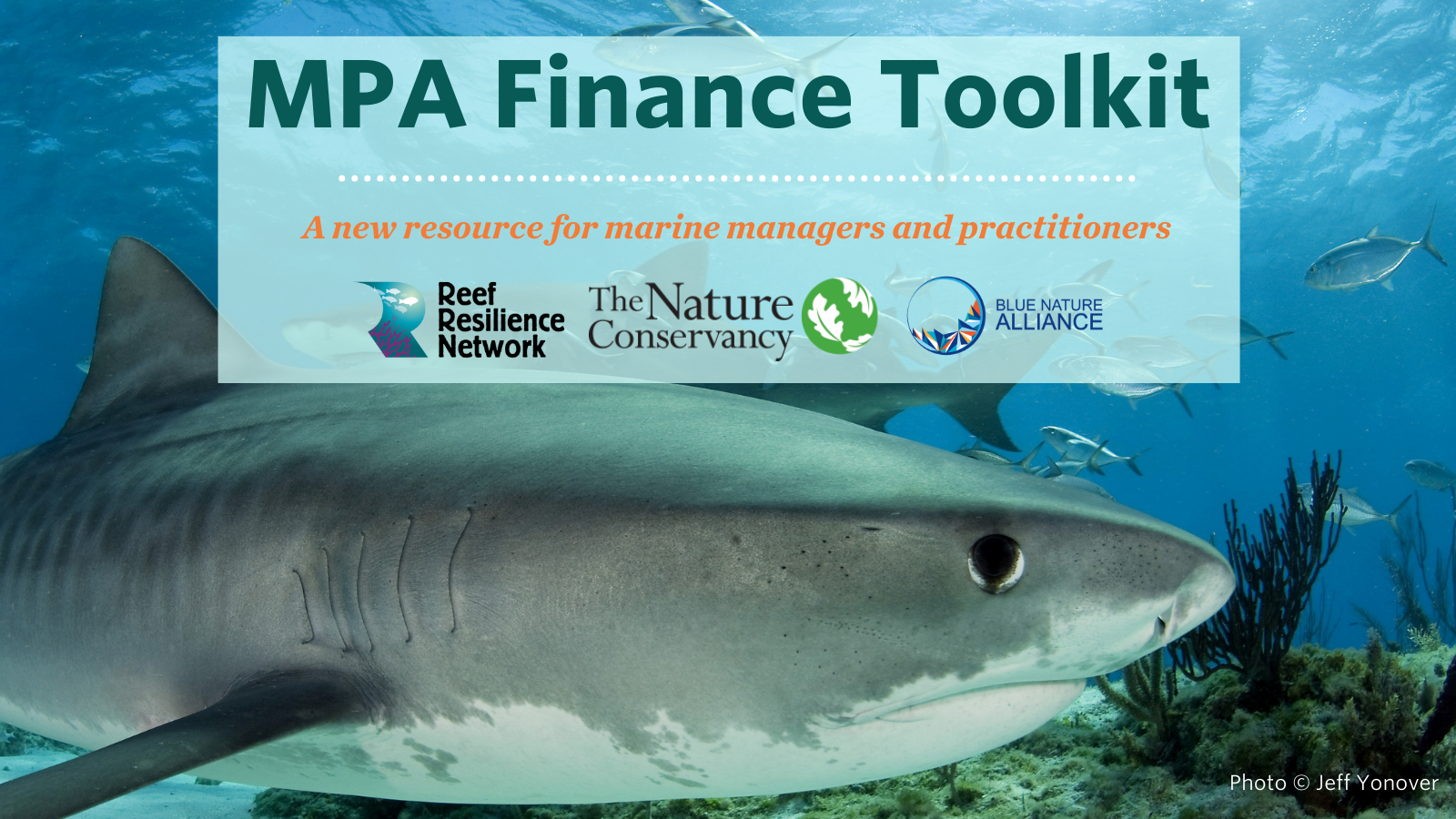Several challenges impede marine conservation efforts in promoting social equity, including historical Western-focused conservation models with a top-down approach and insufficient consideration of Indigenous and local needs. Over recent decades, progress has been made to reorient conservation to be more collaborative, people-centered, and locally-led. In this article, the authors build on existing frameworks to highlight six areas that require attention to advance social equity in marine conservation. The six areas are:
- Recognition: Acknowledge and incorporate the rights, values, knowledge, and livelihoods of local groups into conservation governance, planning, and management. For example, assess whether marine protected areas (MPAs) align with traditional practices or if locally managed areas, respecting cultural traditions, are more suitable.
- Procedures: Establish the participation of all relevant actors and groups in decision-making and follow good governance by ensuring the representation of diverse groups, facilitating inclusive meetings, and establishing decision-making processes reflecting local practices.
- Distribution: Strive for a fair distribution of impacts of conservation actions among people through maximizing benefits and minimizing burdens. For example, while MPAs offer long-term benefits, the short-term burden of losing access to fisheries often falls disproportionately on local communities.
- Management: Champion and support local involvement and leadership in management activities. Foster collaborative management arrangements with local or Indigenous communities, allowing for local solutions that support environmental sustainability.
- Environment: Ensure the efficacy of conservation actions and adequacy of management to benefit both nature and people.
- Context or Structures: Address barriers to and institutional roots of inequity in conservation, considering historical, social, economic, and political conditions that affect efforts for social equity. For example, in areas where food insecurity exists, local people cannot afford to stop harvesting even a highly degraded resource.
The various types of conservation organizations each play a unique role in advancing social equity in marine conservation. Coral reef managers can take tangible actions aimed at addressing the six areas identified above.
Implications for managers
- Promote collaborative and inclusive conservation by partnering with local communities throughout the entire conservation journey. From initial planning to implementation and ongoing monitoring, proactively involve and align with local or indigenous groups. Emphasize active engagement and joint decision-making to ensure that conservation strategies align with cultural and traditional values.
- Invest in building capacity within your organization to effectively integrate local community concerns into the work, including hiring staff skilled in the human dimensions of conservation.
- When planning initiatives (e.g., placement of protected zones), consider the equity of impacts and benefits, taking into account the influence on important cultural areas, livelihoods of diverse groups, and access to areas crucial for subsistence. Involve local communities in assessing these impacts and tradeoffs.
- Ensure conservation initiatives include the local community in planning for successful management, including adequate financial resources, staffing, ongoing monitoring, and communication.
- Consider development activities or redistribution mechanisms that may be needed to advance conservation action such as providing a “conservation basic income”, conservation trust funds, payments for ecosystem services, or redistribution of revenue from tourism.
- Approach partnerships with local communities and Indigenous people with humility, respect, and an open mind.
Authors: Bennett, N.J., L. Katz, W. Yadao-Evans, G.N. Ahmadia, S. Atkinson, N.C. Ban, N.M. Dawson, A. de Vos, J. Fitzpatrick, D. Gill, M. Imirizaldu, N. Lewis, S. Mangubhai, L. Meth, E. Muhl, D. Obura, A.K. Spalding, A. Villagomez, D. Wagner, A. White and A. Wilhelm
Year: 2021
Frontiers in Marine Science 8: 711538. doi: 10.3389/fmars.2021.711538
This article summary was developed in partnership with the Blue Nature Alliance, a global partnership to catalyze effective large-scale ocean conservation.


